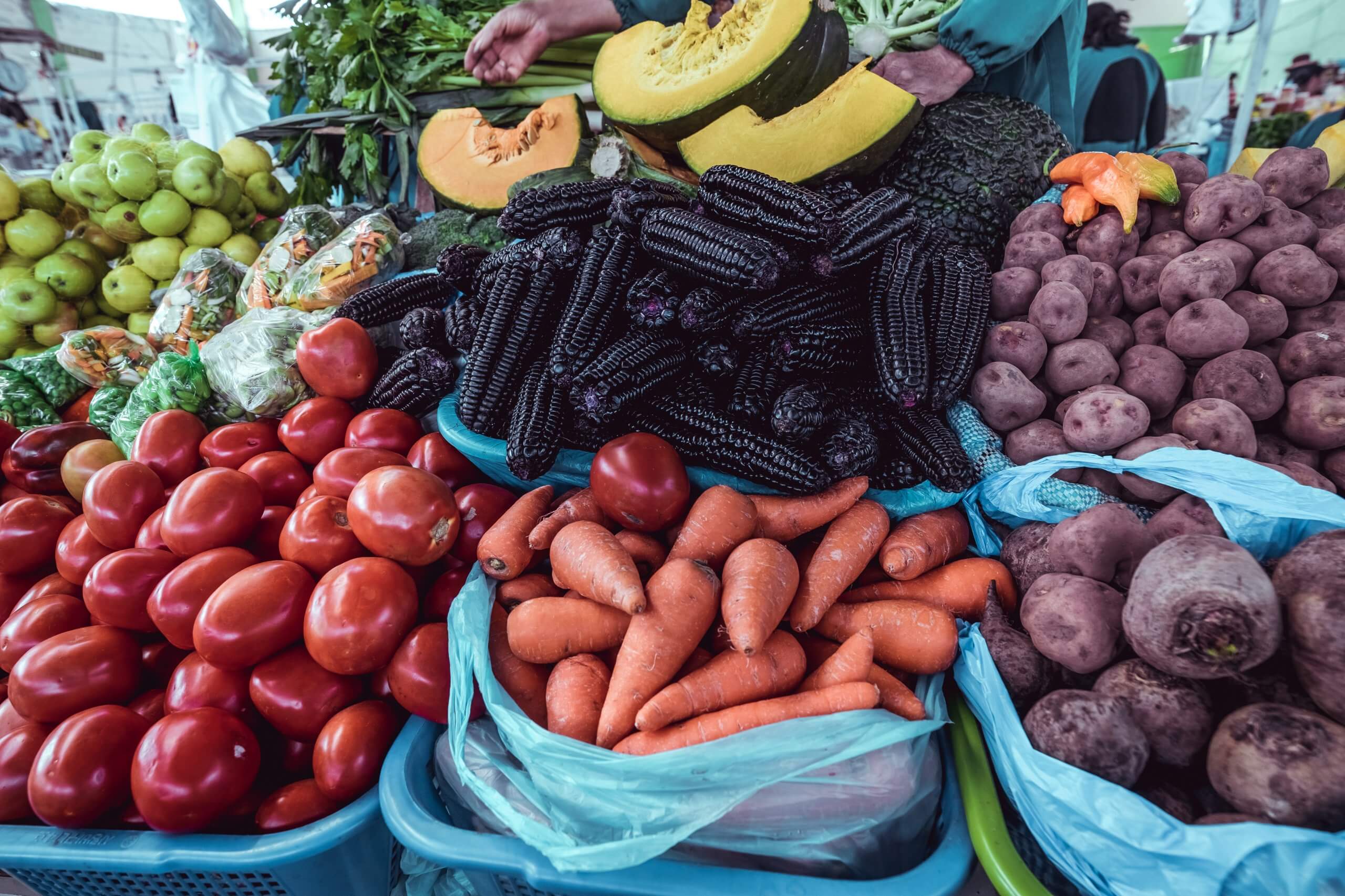The action and its aims
The Food Charter of Metropolitan Lima serves as a commitment to developing, implementing and evaluating food policies and programmes that promote sustainable and safe food systems, guaranteed access to healthy food, reduced incidence of hunger and malnutrition, and reduced food waste.
Why it was needed
The Municipality recognised the need to take action over the food system, not least as 98% of its food supply comes from outside the city. The food charter is viewed as a tool to get food onto the agenda of a public- and private sector actors – and to keep it there.
Who initiated it, who is involved
The food charter was developed under the FAO-led project Nadhali: Developing Sustainable Food Systems for Urban Areas; FAO provided guidance and technical support. At its launch in May 2018 it was signed by 11 representatives of public and private sector entities, civil society, and academia.
Outcome/how it strengthened coordination
At the time of writing no progress report on development of policies and programmes has been released.
More information: Quito is one of the few other cities in Latin America to have signed a food charter. Quito’s 2018 charter is anchored in 17 agreements between actors in the city-region food system. Food charters are notably more common in the UK, USA, and Canada, e.g. The Bristol ‘Good Food’ Charter, County Durham Food Charter, Philadelphia Food Charter, Saskatoon Food Charter, Hamilton Food Charter.


